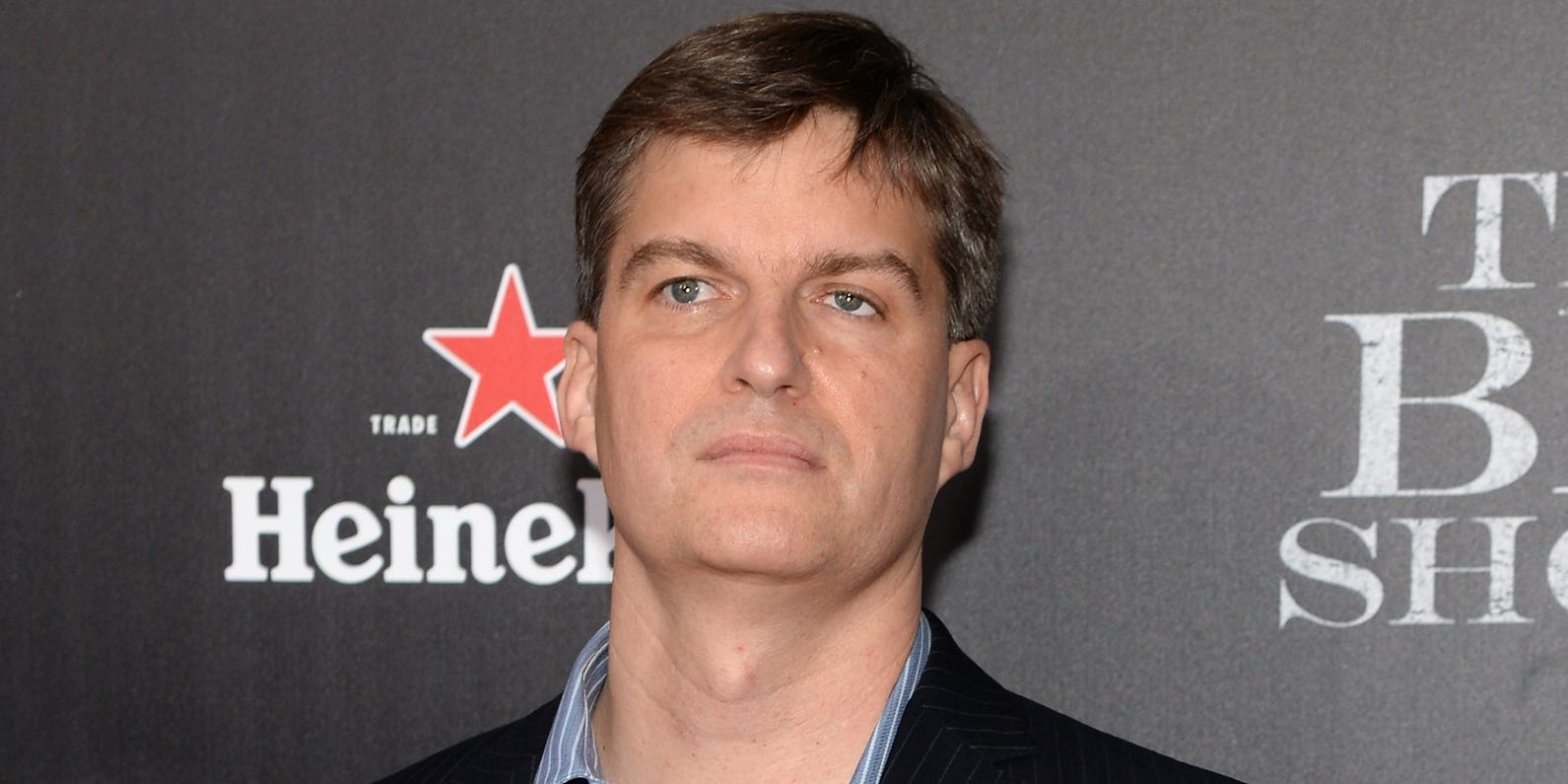Michael Burry invested in Bed Bath & Beyond at least twice before the meme-stock boom in early 2021. Burry’s Scion firm held a $8 million stake in September 2019, and a $11 million stake in June 2020. BBBY shares peaked at $43 in January 2021, quadruple the price at which Burry owned them. Loading Something is loading.
Thanks for signing up!
Access your favorite topics in a personalized feed while you’re on the go.
Michael Burry invested in Bed Bath & Beyond at least twice before the meme stock’s spectacular rise and epic fall, Securities and Exchange Commission filings show.
Burry’s Scion Asset Management purchased 750,000 shares of the homewares retailer in the third quarter of 2019, securing a stake worth $8 million on September 30 that year. BBBY was its sixth-largest position out of eight total holdings, and made up 13% of its $60 million US stock portfolio at the time.
Scion exited the wager during the next quarter, only to reinvest a few months later, filings show. It owned 1 million BBBY shares worth almost $11 million on June 30, 2020. Excluding options, the retailer was its number-two position after a nearly $12 million stake in GameStop, making BBBY a key piece of its $91 million portfolio.
However, Burry once again closed the bet over the next three months, meaning he got out before the meme-stock boom in January 2021. A buying frenzy drove BBBY shares as high as $43 during that period; if Burry had kept his million shares, they would have briefly quadrupled in value to $43 million.
Burry may have missed out on a big windfall by selling his stock, but he also avoided a dramatic decline. BBBY has plummeted by more than 95% from its 2021 peak to below $2 a share today, reflecting the retailer’s onerous debts, inventory woes, and warnings of potential bankruptcy.
The company staved off disaster by signing a $1 billion deal with Hudson Bay Capital and other institutional investors in February. Yet Burry tweeted an apparent warning that the agreement could end badly.
“It’s time memesters look up what a death spiral convertible is,” he said. Burry was referring to a situation where a shareholder keeps converting preferred stock into common stock at a discount to the market price, then sells the resulting shares, driving the stock price ever lower.
Burry isn’t the only notable investor to show interest in BBBY. Meme-stock specialist and GameStop chairman Ryan Cohen built a nearly 10% stake in the first quarter of last year, fueling hopes he might engineer a comeback for the retailer. However, he sold up in August, bagging an estimated $68 million profit.
Similarly, a college student named Jake Freeman revealed a 6.2% stake in late July. He cashed out all of his BBBY shares by mid-August, making roughly $110 million.
Burry, a value investor, presumably bought into BBBY because he determined it was oversold and undervalued. He likely had no inkling that retail investors, eager to make some fast money and punish hedge funds, would pile into the stock and send it skyward.
Once that happened, Burry warned buyers of meme stocks they were signing up for the “mother of all crashes.” At least in BBBY’s case, he was right on the money.
